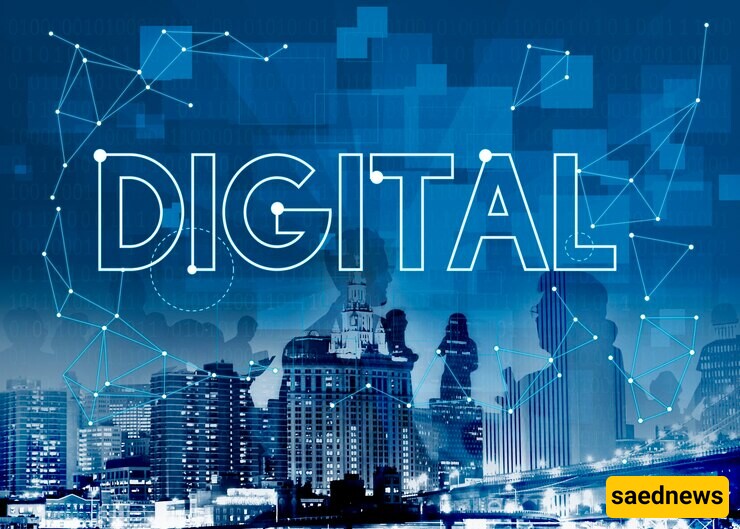SAEDNEWS: In today’s digital age, the ability to effectively navigate, evaluate, and create information online has become essential. Digital literacy empowers individuals to succeed in education, work, and daily life in an increasingly connected world.

According To SAEDNEWS, the 21st century has brought a digital revolution that impacts every aspect of life. Digital literacy, the ability to use and navigate technology effectively, has become an essential skill. Whether it’s communicating online, accessing information, or adapting to an evolving job market, digital literacy empowers individuals to thrive in an increasingly interconnected world.

Digital literacy goes beyond basic computer skills. It encompasses a range of abilities, including:
Proficient use of digital devices and applications.
Evaluating online information for credibility.
Protecting personal data and understanding cybersecurity risks.
Using digital tools for collaboration and creativity.
These skills are vital for individuals to participate fully in society, make informed decisions, and adapt to technological advancements.
Education and Learning
In the digital age, education relies heavily on technology. Online resources, e-learning platforms, and digital classrooms make knowledge accessible to people worldwide. Students equipped with digital literacy can leverage these tools to enhance learning, conduct research, and develop problem-solving skills.
Employment and the Job Market
The demand for tech-savvy professionals continues to grow. Most jobs now require basic to advanced digital skills, from managing emails to working with specialized software. Digital literacy also fosters adaptability, a key trait in a job market shaped by automation and artificial intelligence.
Social Connectivity and Communication
Digital tools have revolutionized how people connect and communicate. Social media, video conferencing, and instant messaging allow individuals to maintain relationships and collaborate across distances. Digital literacy ensures users can navigate these platforms responsibly and avoid pitfalls like misinformation or cyberbullying.
Access to Information
The internet provides a vast reservoir of knowledge, but not all sources are reliable. Digital literacy equips individuals to discern credible information from fake news, enabling them to stay informed and make educated decisions.
While digital literacy is increasingly vital in today’s technology-driven world, many individuals encounter significant obstacles in acquiring these essential skills. One major challenge is limited access to technology, as many underserved communities struggle with inadequate availability of devices and reliable internet connectivity. This digital divide disproportionately affects those in low-income areas, rural regions, and marginalized groups, preventing them from participating fully in the digital age.
Another barrier is the presence of educational gaps. Many schools and institutions lack the necessary resources, such as funding or trained personnel, to effectively integrate digital literacy into their curricula. Without comprehensive programs and teacher training, students may graduate without the technical competencies needed to succeed in the modern workforce.
Generational differences also play a crucial role. While younger generations, often considered digital natives, adapt quickly to emerging technologies, older adults frequently face difficulties in navigating new digital tools. This generational divide underscores the need for targeted education programs and user-friendly technologies designed to cater to all age groups.
Overcoming these barriers requires collaborative efforts from governments, businesses, and educators to ensure digital literacy is inclusive and accessible to everyone. By addressing technological disparities, enhancing education systems, and fostering community outreach, society can bridge the digital divide and empower individuals to thrive in an increasingly connected world.
To foster digital literacy, individuals and organizations can adopt the following strategies:
Schools should incorporate digital literacy into curricula, teaching students not only how to use technology but also how to think critically about it.
Public workshops, libraries, and online courses can help bridge the gap for those without formal training.
Promoting online safety practices ensures individuals can protect themselves in a digital environment.
Technology evolves rapidly, so staying updated through self-learning and professional development is essential.
As technology continues to advance, digital literacy will remain a cornerstone of personal and professional success. Emerging fields like artificial intelligence, virtual reality, and blockchain will demand even more specialized skills, making lifelong digital learning a necessity.
Digital literacy is not just a skill but a foundation for navigating the complexities of the modern world. It empowers individuals to learn, work, and connect effectively, ensuring they remain active participants in a rapidly changing global society. By prioritizing digital literacy, we can build a future where technology serves as a tool for growth, inclusion, and opportunity.

